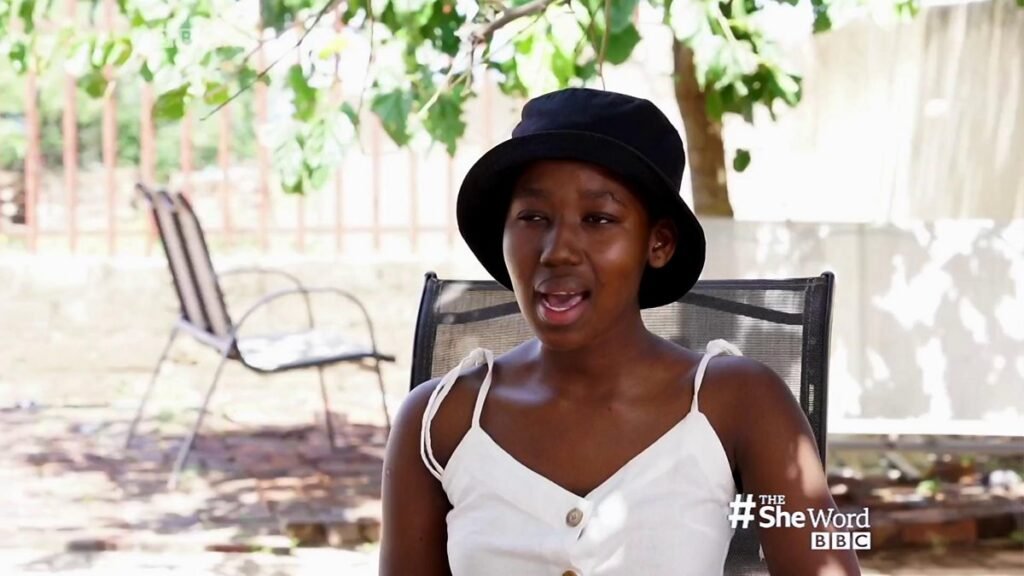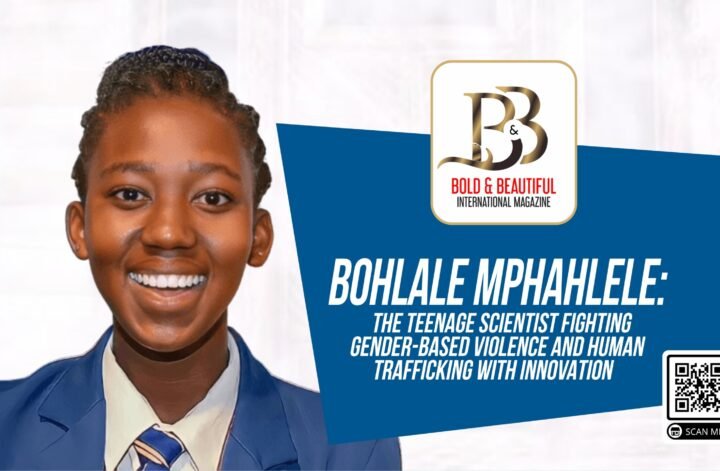In a country plagued by some of the highest rates of gender-based violence and human trafficking in the world, a beacon of hope has emerged in the form of Bohlale Mphahlele, a young South African scientist. At just 16 years old, Bohlale invented an “Alerting Ear Piece,” a groundbreaking device designed to combat these societal scourges and protect vulnerable populations.

According to the Centre for the Study of Violence and Reconciliation, South Africa’s rates of violence against women are five times the global average, with one in four women likely to experience violence from men and women being five times more likely to be killed. These alarming statistics inspired Bohlale from an early age. Watching the news with her father, she became acutely aware of the increasing rates of human trafficking, rape, and gender-based violence, with women and children often being the primary victims.
Driven by a desire to make a difference, Bohlale first attempted to create her device while still in primary school. By the age of 16, she successfully developed the Alerting Ear Piece. This innovative device, which can be discreetly integrated into earrings, serves multiple life-saving functions. It captures photos of assailants, enabling police to identify them quickly, and sends alerts to selected family members and friends when the wearer is in distress. Additionally, it helps law enforcement track the victim’s location and movements.
Elaborating on the device’s functionality, Bohlale explained that victims can activate a small button on the earpiece to take photographs of their attackers. These images are then sent to connected devices and law enforcement agencies. The device’s design ensures that help is summoned quickly and that critical evidence is gathered efficiently.

Bohlale’s Alerting Ear Piece was showcased at the Eskom Expo for Young Scientists in the engineering-electronics and embedded systems category, where she earned a bronze medal. The impact of Bohlale’s invention extends beyond the immediate users to their families and caregivers. The peace of mind that comes from knowing that loved ones can receive crucial alerts effectively fosters a more inclusive and supportive environment. This innovation represents a significant step forward in merging technology with accessibility and safety.
Despite receiving accolades and recognition, Bohlale’s journey to bring her prototype to fruition has been fraught with challenges. Funding remains a significant hurdle, and the process of developing the device has been marked by disappointments. Bohlale recounts how her dedication to the project impacted her high school education, underscoring the personal sacrifices she made to pursue her vision. Nevertheless, she remains optimistic that her innovation will attract investors willing to fund her project and help her achieve her dream of solving these societal issues.




